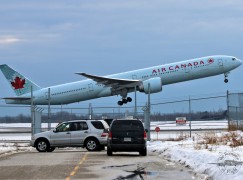Don Davis, principal trombone of the Boston Philharmonic since it was founded in 1979, has died of cancer.
Read Benjamin Zander’s tribute here.
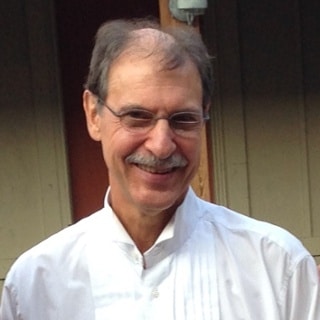
Don Davis, principal trombone of the Boston Philharmonic since it was founded in 1979, has died of cancer.
Read Benjamin Zander’s tribute here.

It had long been assumed that the music Giacomo Puccini wrote for the church organ at Lucca as a boy was either lost or insignificant.
Apparently not.
Researchers have found 45 minutes of unpublished score and there’s to be a premiere at Lucca on May 5.
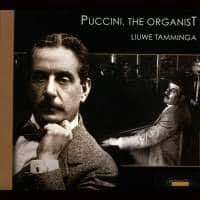
The head of ensembles at Danish Radio, Kim Bohr, has been accused of giving prize jobs to his best friends without bothering to advertise them. Read more here and here.
Wouldn’t happen at our own dear BBC now, would it?

The Barbican Centre has rather drily reported a change of cast:
We are sorry to announce that Joana Carneiro is no longer able to conduct this concert. Happily, this is due to her having recently given birth, and we send her and her family all our best wishes.
We are delighted that Benjamin Shwartz is able to step in to conduct at such short notice.
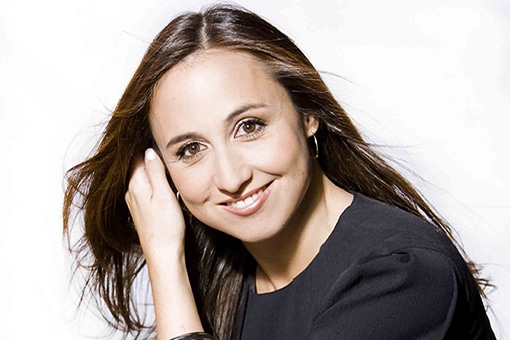
Ms Carneiro, who is Portuguese, is music director of the Berkeley Symphony Orchestra, California, and principal conductor of Orquesta Sinfonica Portuguesa and Teatro Sao Carlos in Lisbon.
We send good wishes to mother and child.
Kuwait’s new opera house, opened three months ago, is in flames today.
No word yet of casualties or damage.

The Thea Dispeker agency has announced the death of Larry Wasserman, who retired in 2006 after 40 years with the company, the last eight years as its president. Larry was 82.
His artists included Martina Arroyo, Judith Blegen, Barbara Bonney, Faye Robinson, Richard Leech, Håkan Hagegård, D’Anna Fortunato, Wendy White and more…
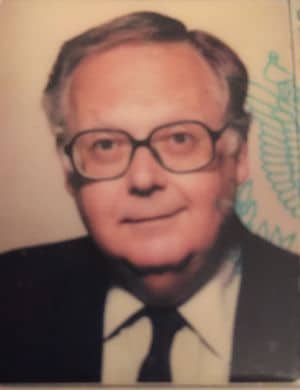
The American composer has been named visiting professor of composition at the Royal Academy of Music.
press release:
John Adams, one of the world’s leading composers, has joined the Royal Academy of Music faculty as a Visiting Professor. His commitment cements a relationship that began in 2012, when he conducted concerts at New York’s Lincoln Center and the BBC Proms, in which Academy students performed alongside Juilliard School players.
In 2015, the Academy devoted a day to Adams’ music, during which he was given an Honorary Doctorate, and after which he tweeted, ‘Thrilled to be honored by @RoyalAcadMusic of Music with such pizzazz performances by hugely talented players.’ Most recently, he worked young composers of the Junior Academy and conducted the Junior Academy Symphony Orchestra. As part of his new role, he returns to the Academy in April 2017 to work with Opera Course students, and later in the year instrumentalists and composers.
John Adams wrote of the new connection: ‘I’m proud and delighted to spend time with the very talented students of the Royal Academy of Music. I’ll be able to spend time with the young composers, singers and instrumentalists in a relationship that is as fruitful for me as it hopefully will be for the students.’
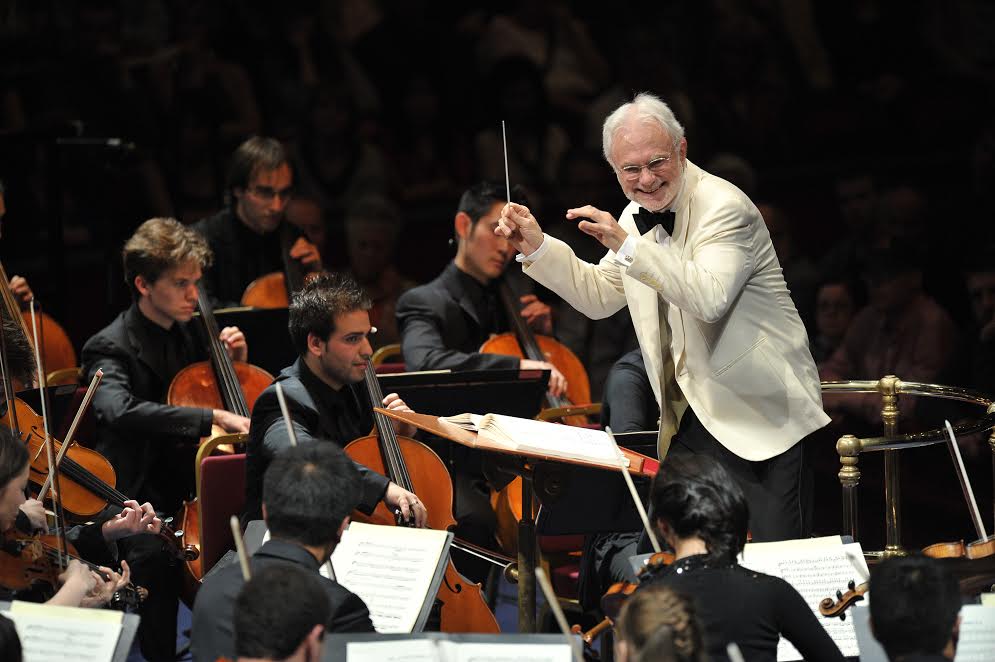
photo: Chris Christodoulou/Lebrecht Music&Arts
A personal statement issued today by the music director emeritus of the Cleveland Orchestra:
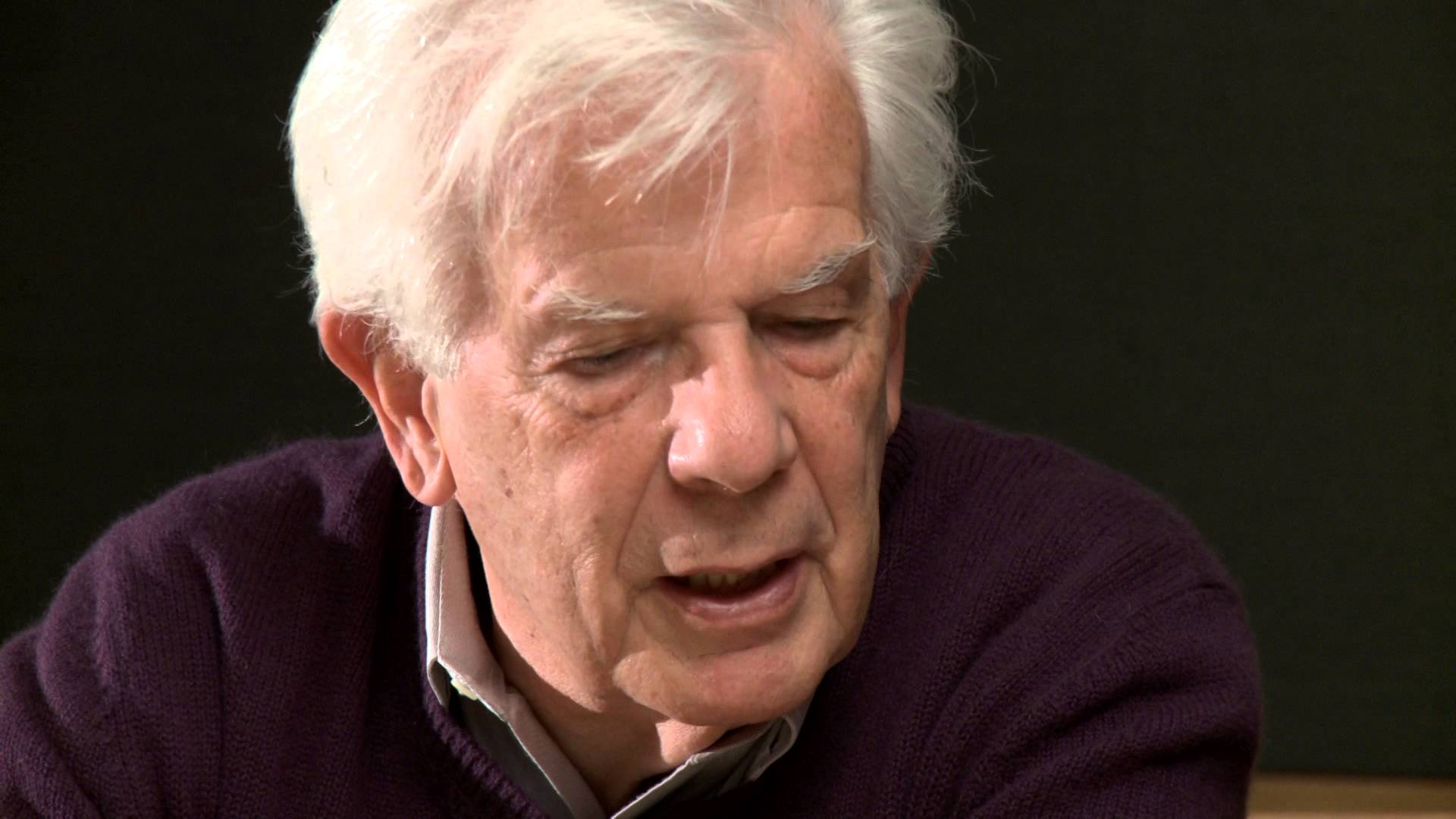
PRINCIPIIS OBSTA – RESIST THE BEGINNINGS
6th February, 2017
Four men in my family were executed by the Nazis. Hans von Dohnanyi, my father, honored in Yad Vashem, was killed in the Nazi concentration camp Sachsenhausen short before the Second World War ended. At the same time the world-renowned theologian Dietrich Bonhoeffer, brother of my mother, my godfather, was executed in the concentration camp Flossenbürg. In 1930 Bonhoeffer began his studies in New York City at the Union Theological Seminary and learned to love and admire the United States of America.
I know today he would be extremely unhappy observing a tendency of religious intolerance in the country he once admired so much for its freedom and acceptance. He never could have imagined that this strong, great nation would find itself in the political and ethical crisis it now faces. A nation’s heart may race when it feels threatened, fearful, or even terrified. But this heart, no matter how “devout”, should never tolerate walls nor turn away those seeking help. People died at the Berlin Wall. Many people died in Hitler’s concentration camps for their unwavering beliefs in the value of their ethics and in their fellow man. These beliefs are now endangered in many Western nations including, sadly enough, the USA. This is unimaginable.
Also unimaginable, for instance: I should have a U.S. visa and move through passport control without incident. Next to me another musician would have the same kind of visa. He would be detained because he is a Muslim from Iran. He would be sent back after hours of interrogation. But Christians would be excepted from these new regulations. (By the way, Bonhoeffer – a fervent and prominent supporter of ecumenical Christianity – would have strongly opposed that.) Rising walls will unfortunately keep many talented, well educated and good people away from travelling to the U.S. this might be sad. But by far more relevant remains the question, whether walls will make anybody safer. We all know, fear and aggression produce nothing but fear and aggression.
What kind of world are we living in? A world of “Texas first!”, “California first!”, Asia, Africa, America, Europe or Australia “first!”? Or do we live in a world that puts human dignity, humanity, fearlessness and compassion above everything else? In it’s great days our much-loved USA was such a country.
There is hope that the current political turmoil in the U.S. will, in fact, harm the extreme-rightwing parties in some upcoming, important European elections.
(c) Christoph von Dohnanyi
There were boos on two successive nights at the Vienna State Opera.
The first was a lone protestor who had something against the (excellent) conductor.
The second was a spattering of hoots at Daniele Abbado’s fine design team for Trovatore. The Vienna rag Kurier this morning made the – brief and unrepresentative – booing their main headline.
Booing has been common in European opera houses ever since audiences were first affronted by modern and post-modern productions. In both of these case, the productions were elegant and unexceptionable.
But booing has become a habit for some operagoers – a bit of fun, a dare.
Actually, it’s a bore.
The people who do it would never stand up in a crowded restaurant and boo a dish they did not like.
If they did, they would be banned for life. Or get beaten up by the chef.
Everyone has a right to an opinion, of course. But opera houses need to take measures against persistent, disruptive, nuisance booers. A warning on first offence. A ban on second.
The opera house has their credit card numbers at the box-office and it knows where they sit.
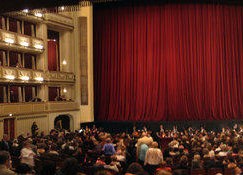
The Kremerata Baltica were due to fly yesterday from New York (Newark) to Toronto. Extra seats had been booked for four cellos, and confirmed by email.
At the check-in desk, Air Canada announced that is was ‘policy’ not to carry more than one cello per flight. Prior to check-in, all four cellos had been officially confirmed by Air Canada representatives, and confirmation emails for all of them were presented at the airport.
Unable to take their instruments, the four cellists had to wait for hours for other flights to Toronto. In the end, they took three different flights and just made in on stage in time.
Lesson to orchestras: Don’t fly Air Canada until they clarify their attitude.
